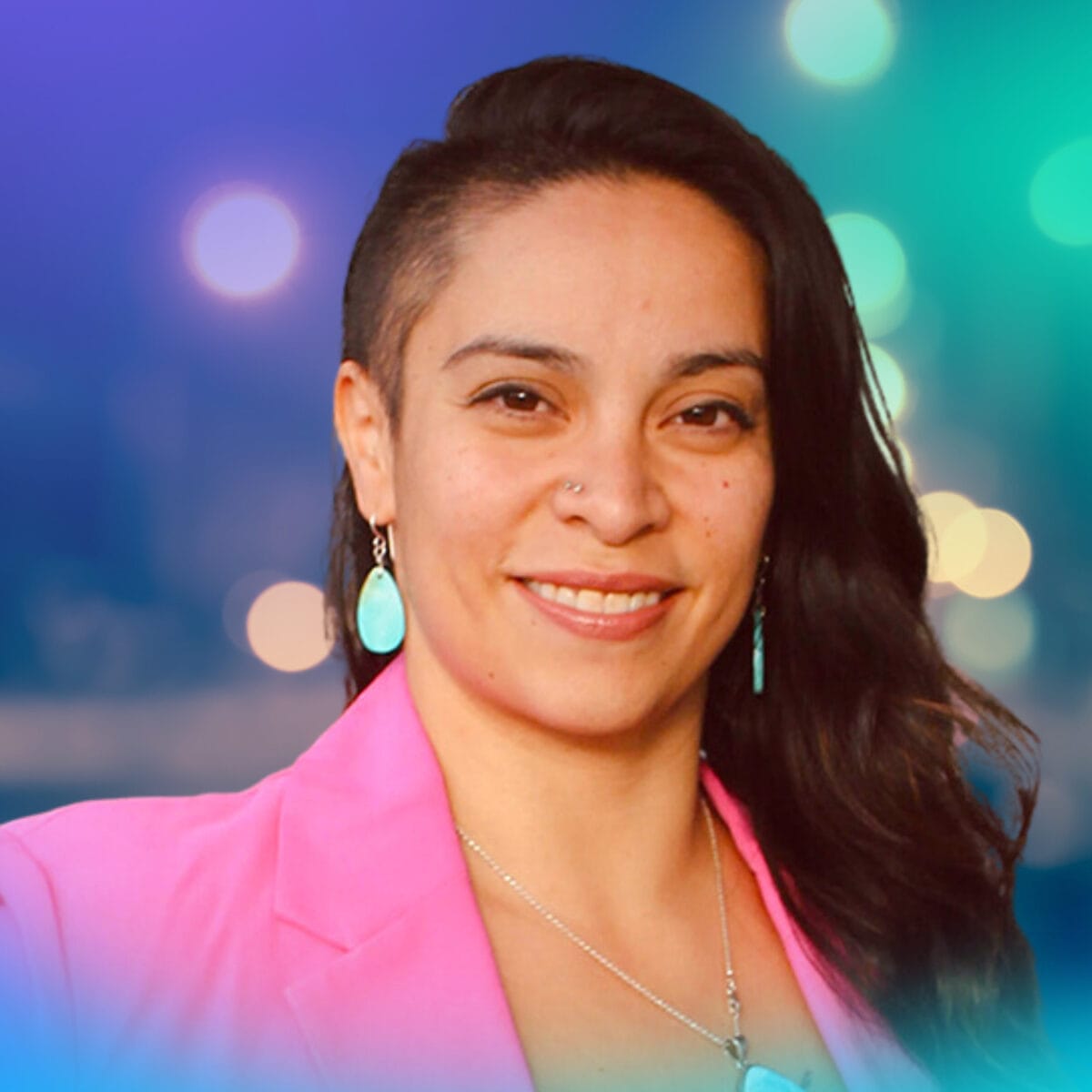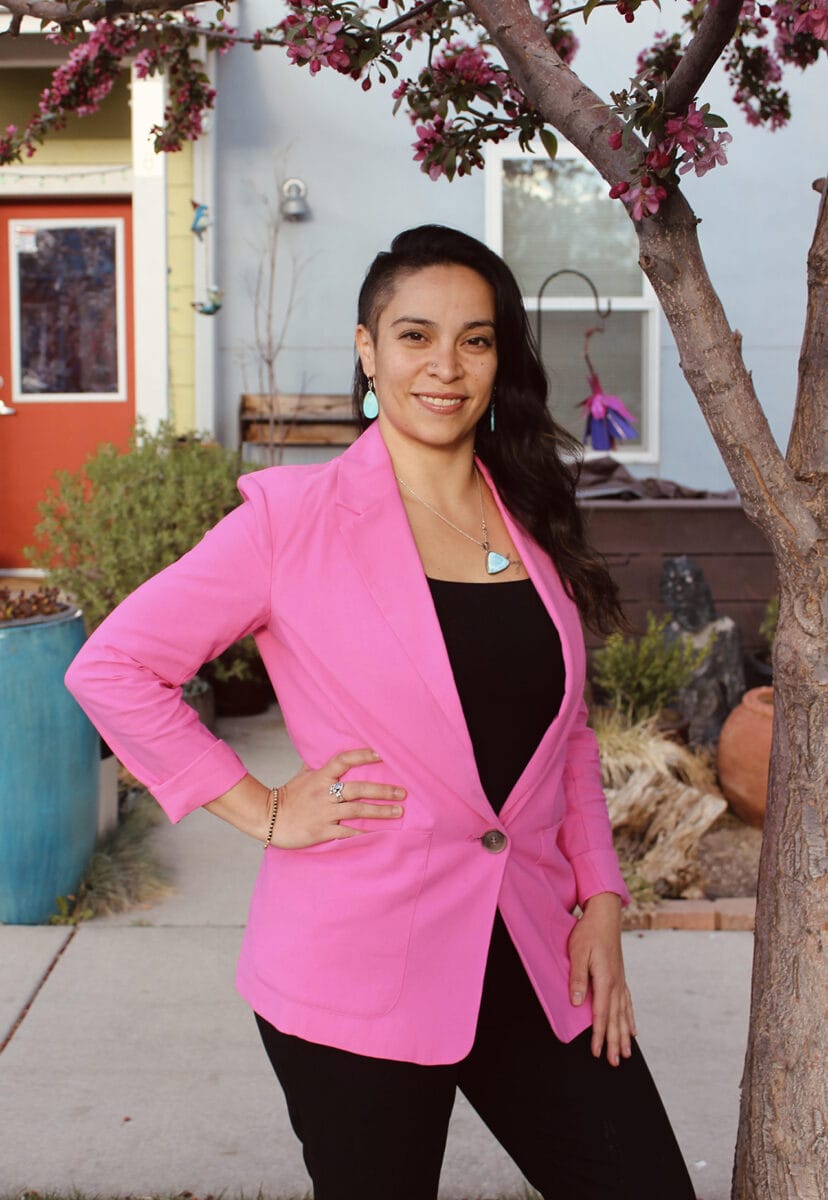
While legislators in several states are crafting their own psychedelic legalization bills, are Indigenous communities being included?
In this episode, Kyle interviews Gabriela Galindo: program coordinator of FLOWS (Foundations for Leaders Organizing for Water and Sustainability), an organization working towards social and environmental justice, ecosystem restoration, community building, and the preservation and protection of Indigenous medicines.
She discusses her entry point to psychedelics and how she got involved with Colorado’s Natural Medicine Health Act (Prop 122) when she saw a complete absence of Indigenous representation in the legislature. The narrative that we all have a right to healing and that these medicines belong to everyone is pretty common today, but Galindo argues that this is not fair: that each plant has its own history, and that each is protected by its own culture. Shouldn’t the communities that have stewarded these medicines for centuries have a say in whether their medicine is going to be shared and legislated at the state level? Shouldn’t they have the ability to consent to these new proposals?
She talks about:
- Why she likes using ‘movement’ instead of ‘renaissance’ when discussing our psychedelic culture
- What we could learn from Indigenous people’s harmony with nature as we face an ongoing climate crisis
- The balancing act of pleasing everyone: Would decriminalization be as supported if Indigenous communities wanted to keep some of these substances criminalized for the protection of their culture and their ecosystems?
- How psychedelic communities should evolve to include community work into their routines: What do local communities need and how can you help?
- The importance of knowing when to step aside and truly center a community voice
and more!
Links
Psychedelicpassage.com: Colorado Prop 122: A Complete Guide to Legal Psychedelic Therapy


